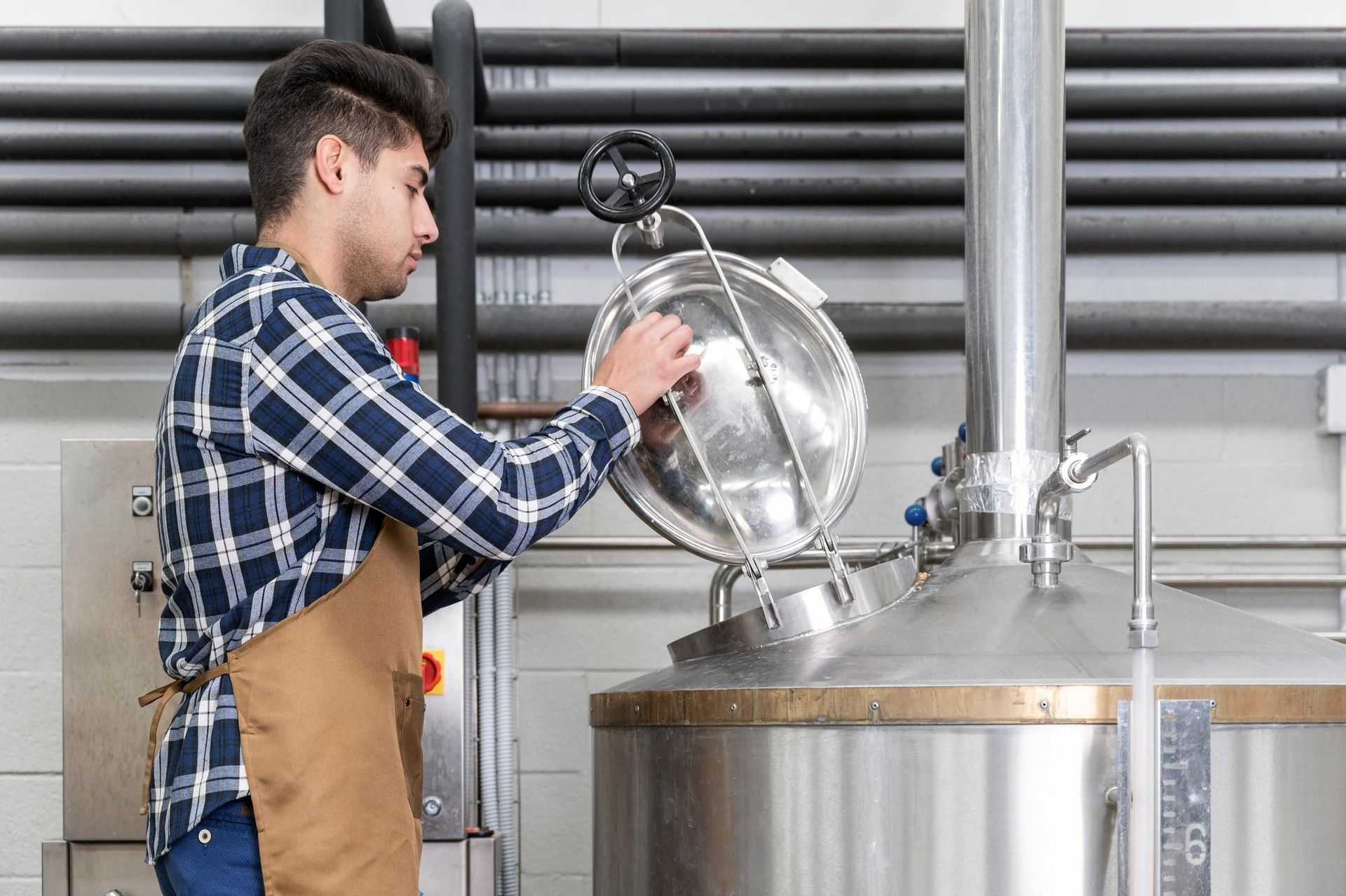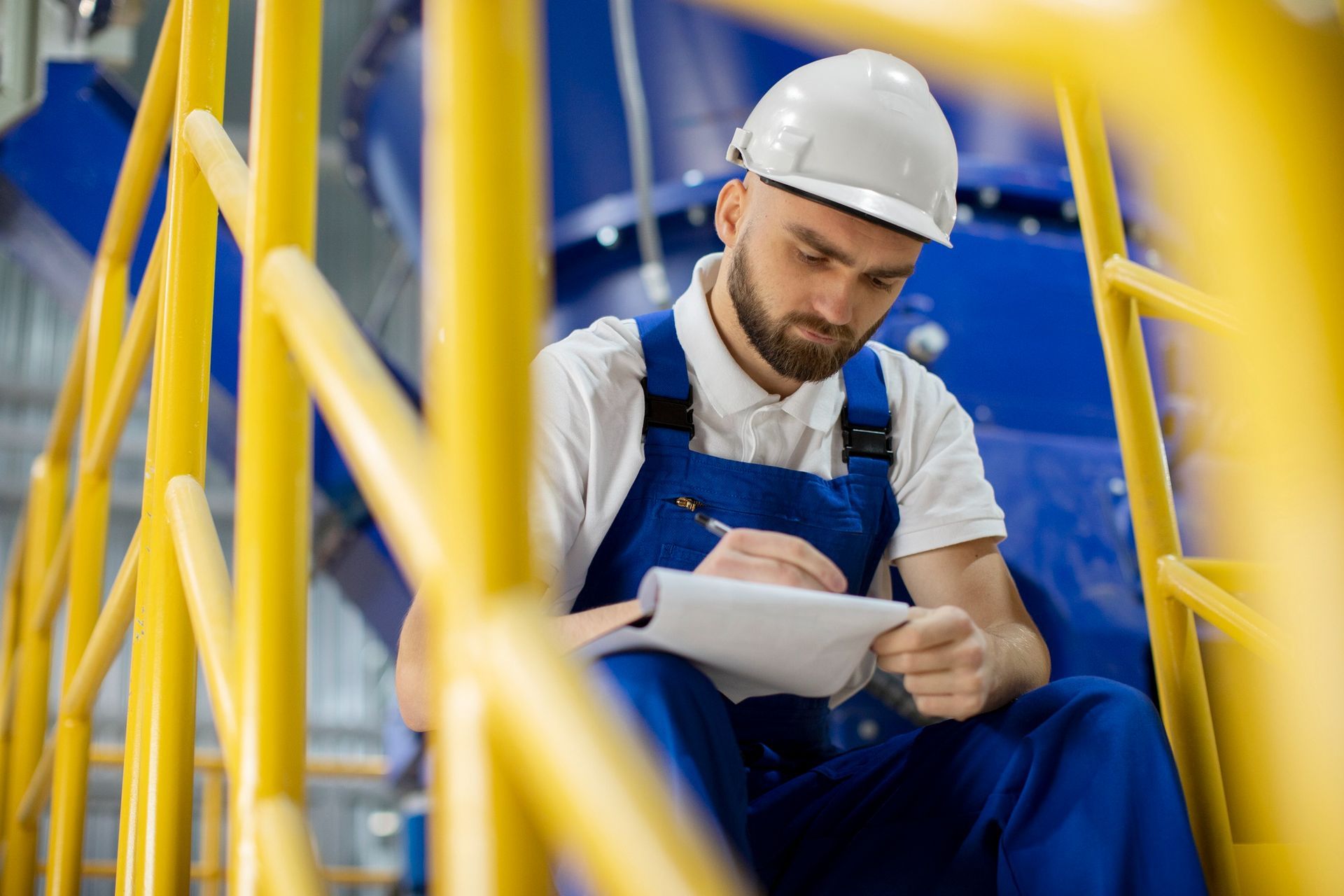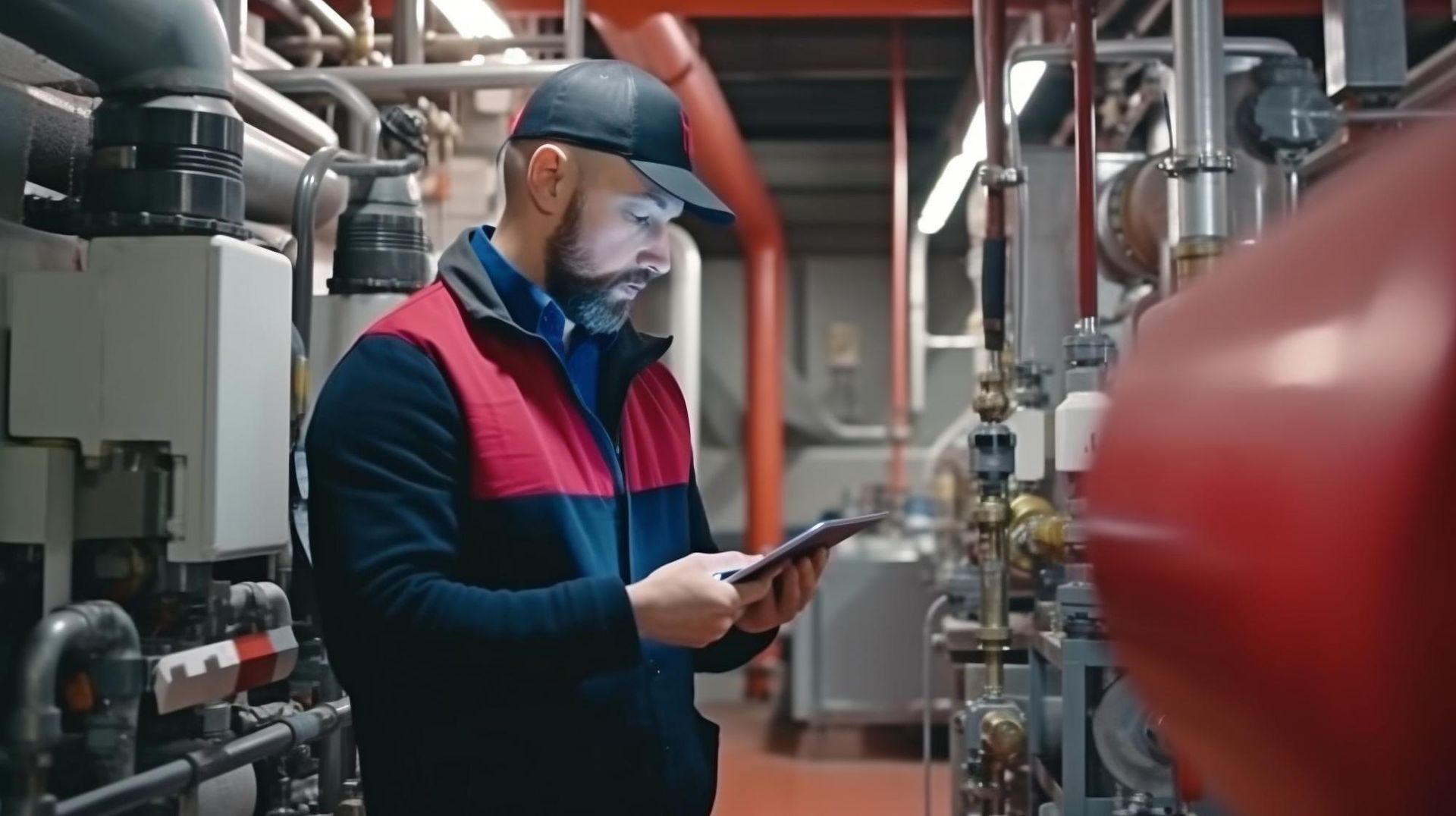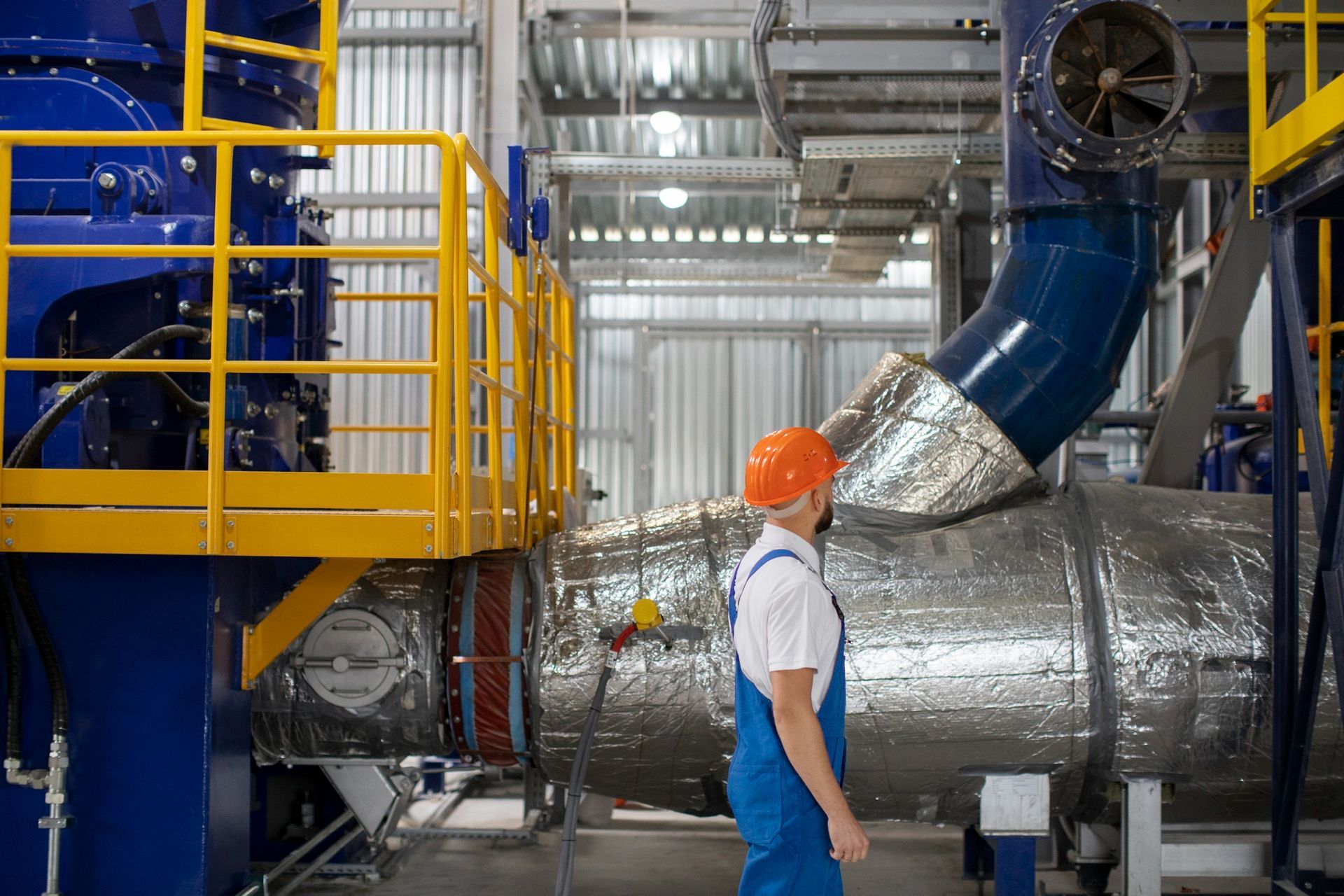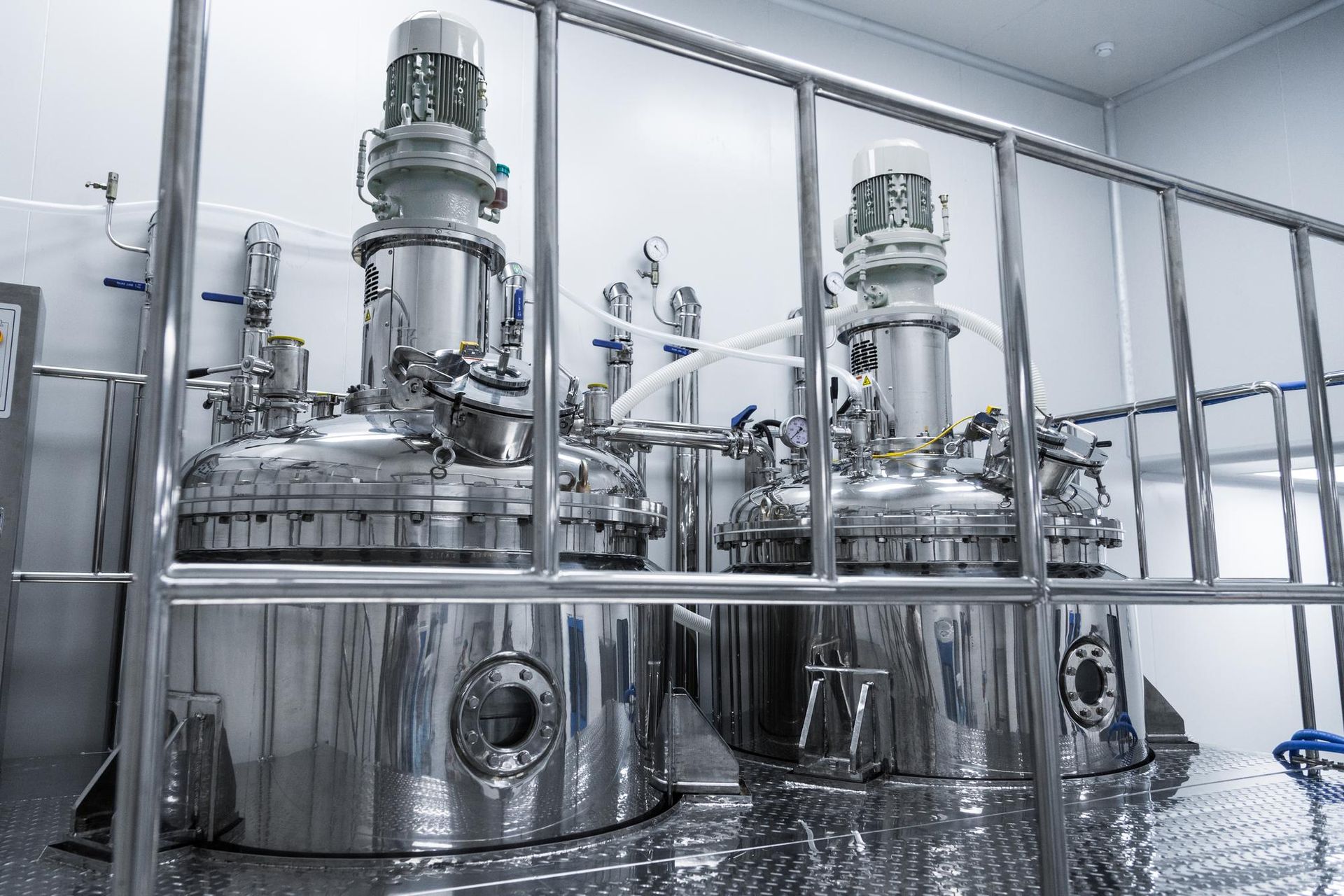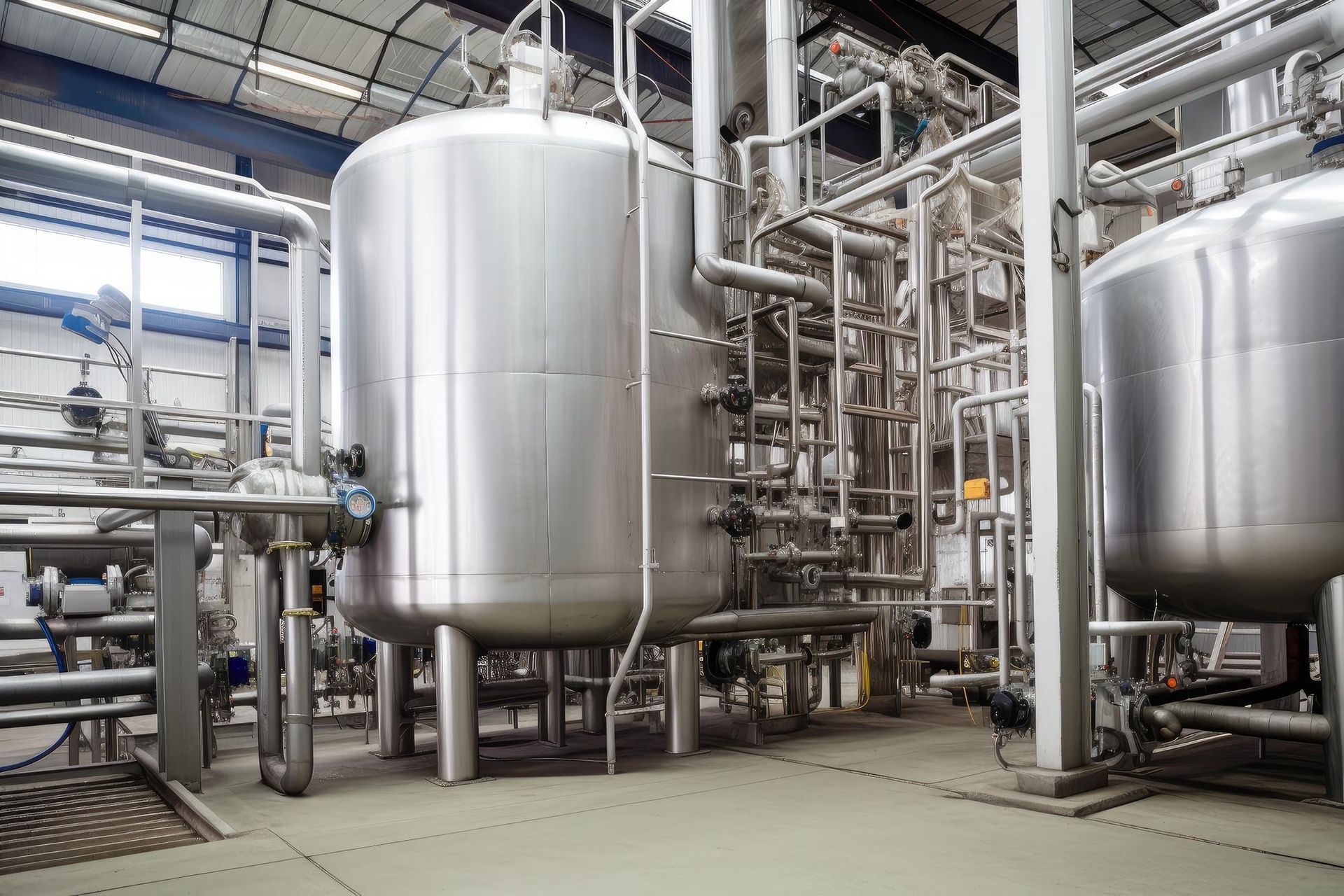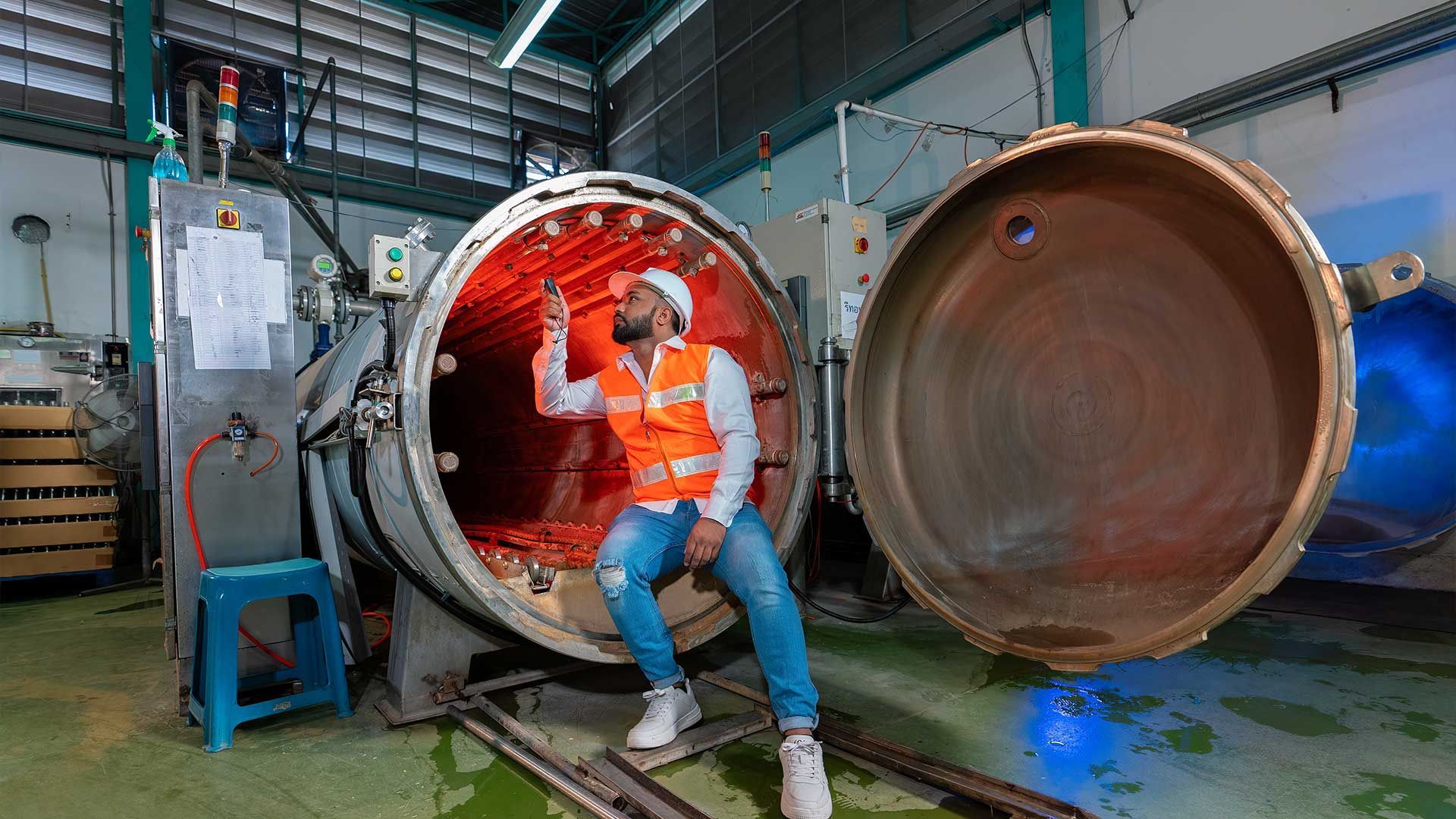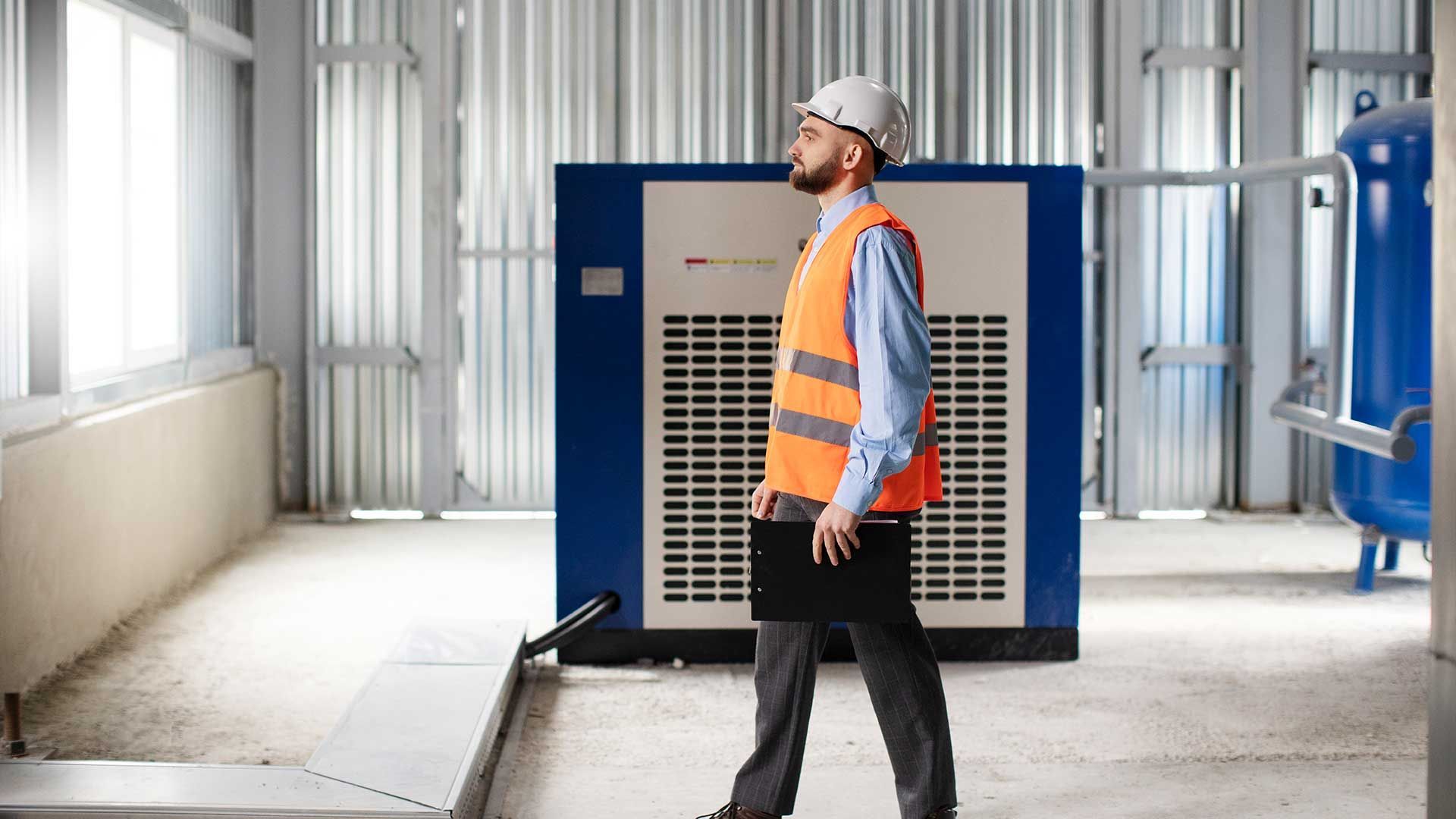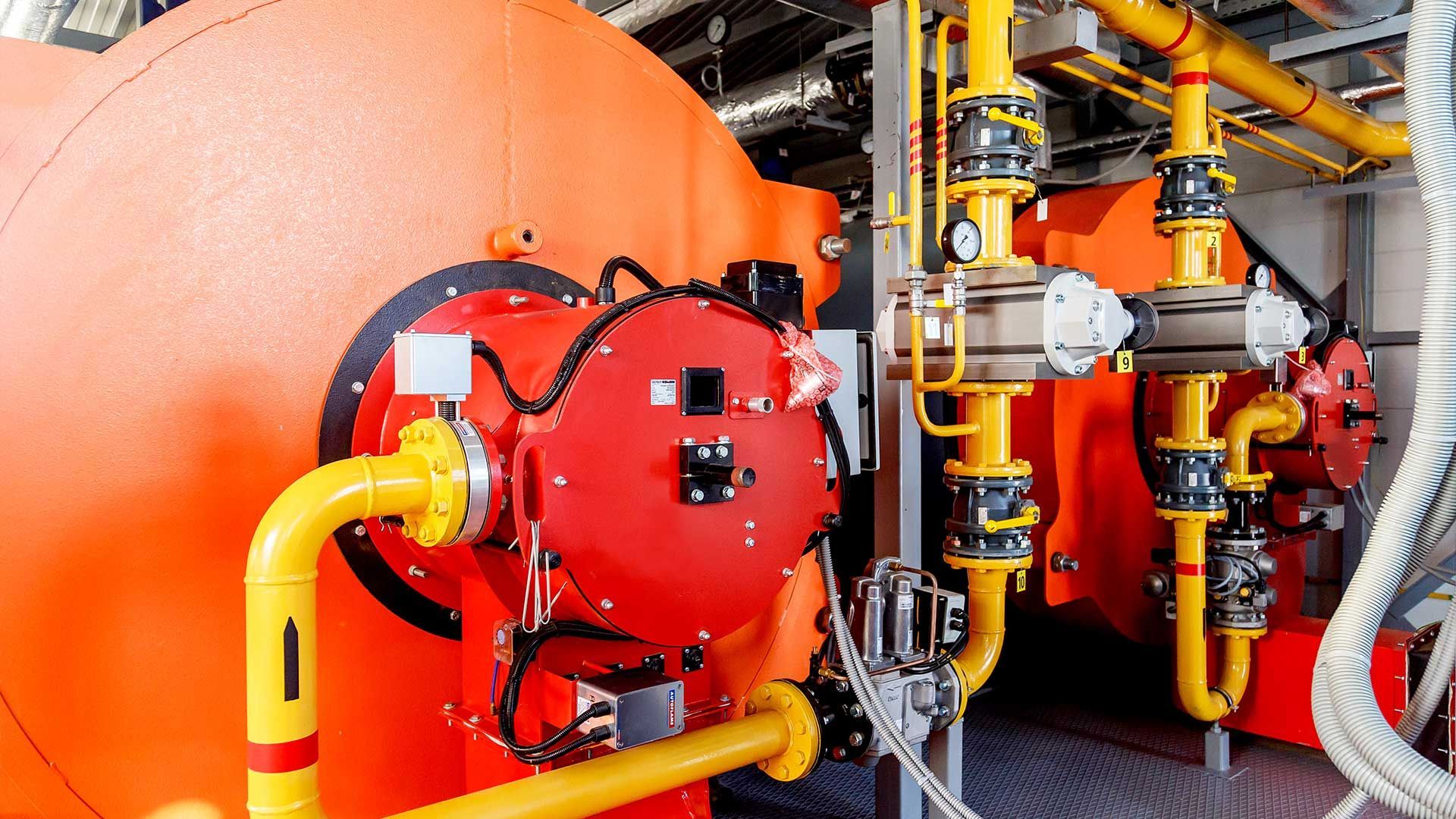5 Key Benefits of Industrial Steam Boilers for Manufacturing
In the heart of every manufacturing facility, where the rhythm of production machines merges with the hum of busy workers, lies an often unsung hero: the industrial steam boiler. This pivotal equipment, essential to the manufacturing world, stands as a testament to human ingenuity in harnessing the power of steam. The role of steam boilers in manufacturing is both varied and vital, providing the necessary steam for a wide range of applications, from heating and cleaning to powering machinery. As we delve into the world of steam boiler industrial applications, we uncover not just the mechanics but the significant benefits they bring to the manufacturing sector.
5 Key Benefits of Industrial Steam Boilers for Manufacturing
1. Enhanced Energy Efficiency
One of the paramount advantages of modern steam boiler industrial systems is their exceptional energy efficiency. These marvels of engineering are designed to convert water into steam in the most effective manner possible, ensuring that minimal energy is wasted in the process. The significance of this cannot be overstated in an era where energy costs are perpetually rising and environmental consciousness is at the forefront of industrial operations.
The efficiency of steam boilers is not just a matter of reducing operational costs; it's also about optimizing production processes. With the ability to generate steam quickly and sustainably, these boilers ensure that manufacturing operations can run smoothly without unnecessary downtime or energy waste. Moreover, the integration of advanced technologies such as condensate recovery systems further enhances the efficiency of these systems, allowing for the reuse of heat that would otherwise be lost.
Comparative studies have shown that industries transitioning from traditional heating methods to steam boiler industrial systems witness a marked improvement in energy consumption rates. This transition not only reflects positively on the balance sheets but also significantly contributes to achieving sustainability goals.
2. Reliability and Durability
When it comes to industrial operations, reliability is non-negotiable. The durability and dependability of steam boilers are what make them indispensable in the manufacturing landscape. Constructed to withstand the rigors of continuous operation, these boilers are engineered with longevity in mind, using materials and designs that can endure the demands of high pressure and temperature.
The reliability of steam boilers extends beyond their robust construction; it is also a function of the maintenance regimes they are subjected to. Regular inspections and upkeep ensure that these systems remain in optimal condition, thereby minimizing the risk of unexpected downtimes that can disrupt production schedules and impact profitability.
Industries such as pharmaceuticals, where the consistency of production conditions is critical, rely heavily on the steadfast performance of steam boiler industrial systems. In such settings, the boiler becomes more than just a piece of equipment; it is a guarantor of both product quality and operational continuity.
3. Versatility in Application
The industrial steam boiler is not just a workhorse; it is a chameleon, adapting to the diverse needs of various manufacturing processes. Its versatility lies in its ability to generate steam at different pressures and temperatures, making it suitable for a wide array of applications. From powering heavy machinery to providing precise temperature controls for delicate manufacturing processes, the steam boiler proves its indispensability at every turn.
In the food and beverage industry, for example, steam is used not only for heating but also for sterilization purposes, ensuring that products meet the highest standards of food safety. Similarly, in the textile industry, steam boilers provide the consistent heat required for dyeing and drying fabrics, a critical component in the production of high-quality textiles. This adaptability not only makes steam boilers an integral part of the manufacturing sector but also underscores their contribution to the efficiency and quality of the final products.
The ability to customize steam boilers to meet specific industrial requirements further enhances their utility. Whether it's a small-scale operation requiring low-pressure steam or a large manufacturing plant in need of high-capacity boilers, the industry has developed solutions to cater to all needs, ensuring that no sector is left wanting for steam.
4. Improved Environmental Performance
In an era where environmental sustainability is not just a choice but a necessity, steam boiler industrial systems have evolved to meet the challenge. Modern boilers are designed to minimize emissions, ensuring that industrial operations can comply with stringent environmental regulations. This is achieved through innovations in boiler design and the integration of emission reduction technologies like low NOx burners and flue gas recirculation.
Moreover, the shift towards alternative fuel sources, such as biomass and biogas, reflects the industry's commitment to reducing the carbon footprint of steam generation. These eco-friendly fuels not only help in cutting down greenhouse gas emissions but also in promoting the use of renewable energy sources within the manufacturing sector.
The environmental benefits of using steam boilers extend beyond emission reductions. The efficiency of these systems translates into lower fuel consumption, which in turn reduces the overall environmental impact of manufacturing operations. By adopting steam boiler industrial solutions, manufacturers are not just optimizing their processes but are also contributing to a more sustainable future.
5. Cost Savings and Economic Benefits
The culmination of efficiency, reliability, versatility, and environmental performance of steam boiler industrial systems translates into significant cost savings and economic benefits for manufacturers. The initial investment in a high-quality steam boiler quickly pays for itself through reduced energy bills, lower maintenance costs, and minimized downtime.
The economic advantage of using steam boilers is particularly evident in energy-intensive industries where the cost of energy constitutes a significant portion of the operational expenses. By optimizing steam generation, industries can achieve substantial reductions in energy consumption, thereby improving their bottom line.
Furthermore, the longevity and durability of steam boilers mean that manufacturers can rely on these systems for many years, ensuring a steady return on investment. The reduced need for frequent replacements or extensive repairs also contributes to the economic viability of steam boilers in a manufacturing setting.
Conclusion
The industrial steam boiler stands as a cornerstone of the manufacturing sector, providing a reliable, efficient, versatile, and environmentally friendly solution for steam generation. From enhancing energy efficiency to offering economic benefits, the advantages of steam boilers touch every aspect of manufacturing operations. As industries continue to evolve and seek sustainable and cost-effective solutions, the role of steam boiler industrial systems is set to become even more pivotal. By investing in the right steam boiler, manufacturers can not only optimize their processes but also contribute to a more sustainable and prosperous future.
At
Boiler Technologies Unlimited, we pride ourselves on being the premier service provider in Lithia, FL, for all your steam boiler needs. With our expert team and commitment to quality, we ensure that your steam boiler operates at peak efficiency, reliability, and compliance with environmental standards. Whether you're looking to install a new steam boiler system, require maintenance, or seek customized solutions for your manufacturing operations, we are here to help. Contact us at
813-469-7733 to discuss how we can support your business in achieving its operational and sustainability goals with the best in steam boiler technology and services.
FAQ’S
What is an industrial steam boiler and how does it work?
An industrial steam boiler is a device used to create steam by applying heat energy to water. The boiler heats the water until it becomes steam, which is then used for various manufacturing processes. The steam can be used for heating, powering machinery, or as a component in production, depending on the needs of the facility.
What are the main types of industrial steam boilers?
There are several main types of industrial steam boilers, including fire-tube boilers, water-tube boilers, electric boilers, and condensing boilers. Each type has its unique advantages and is suited for different applications depending on factors like capacity, pressure requirements, and fuel type.
How can steam boilers enhance energy efficiency in manufacturing?
Steam boilers enhance energy efficiency through their ability to generate steam at high efficiencies and recover heat that would otherwise be lost. Advanced designs and technologies, such as condensate recovery systems, help in maximizing energy usage and reducing waste, leading to significant energy savings.
What are the environmental benefits of using steam boilers in manufacturing?
Modern steam boilers are designed to reduce emissions, making them more environmentally friendly. Innovations such as the use of biomass fuels and emission reduction technologies contribute to cleaner operations. Additionally, the high efficiency of steam boilers leads to reduced fuel consumption, minimizing the environmental footprint of manufacturing processes.
How do steam boilers contribute to cost savings in industrial operations?
Steam boilers contribute to cost savings by improving energy efficiency, which lowers energy bills. Their reliability and durability reduce maintenance costs and minimize downtime, leading to further savings. Additionally, the versatility of steam boilers allows for their use in a variety of processes, optimizing production efficiency and reducing the need for multiple heating systems.


